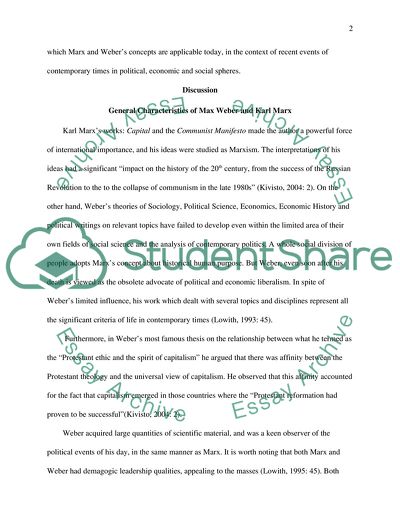Cite this document
(The Concept of Capitalism in Marx and Weber Coursework, n.d.)
The Concept of Capitalism in Marx and Weber Coursework. https://studentshare.org/politics/1711101-the-concept-of-capitalism-in-marx-and-weber-what-is-the-contemporary-relevance-of-their-ideas-comparative-essay
The Concept of Capitalism in Marx and Weber Coursework. https://studentshare.org/politics/1711101-the-concept-of-capitalism-in-marx-and-weber-what-is-the-contemporary-relevance-of-their-ideas-comparative-essay
(The Concept of Capitalism in Marx and Weber Coursework)
The Concept of Capitalism in Marx and Weber Coursework. https://studentshare.org/politics/1711101-the-concept-of-capitalism-in-marx-and-weber-what-is-the-contemporary-relevance-of-their-ideas-comparative-essay.
The Concept of Capitalism in Marx and Weber Coursework. https://studentshare.org/politics/1711101-the-concept-of-capitalism-in-marx-and-weber-what-is-the-contemporary-relevance-of-their-ideas-comparative-essay.
“The Concept of Capitalism in Marx and Weber Coursework”. https://studentshare.org/politics/1711101-the-concept-of-capitalism-in-marx-and-weber-what-is-the-contemporary-relevance-of-their-ideas-comparative-essay.


